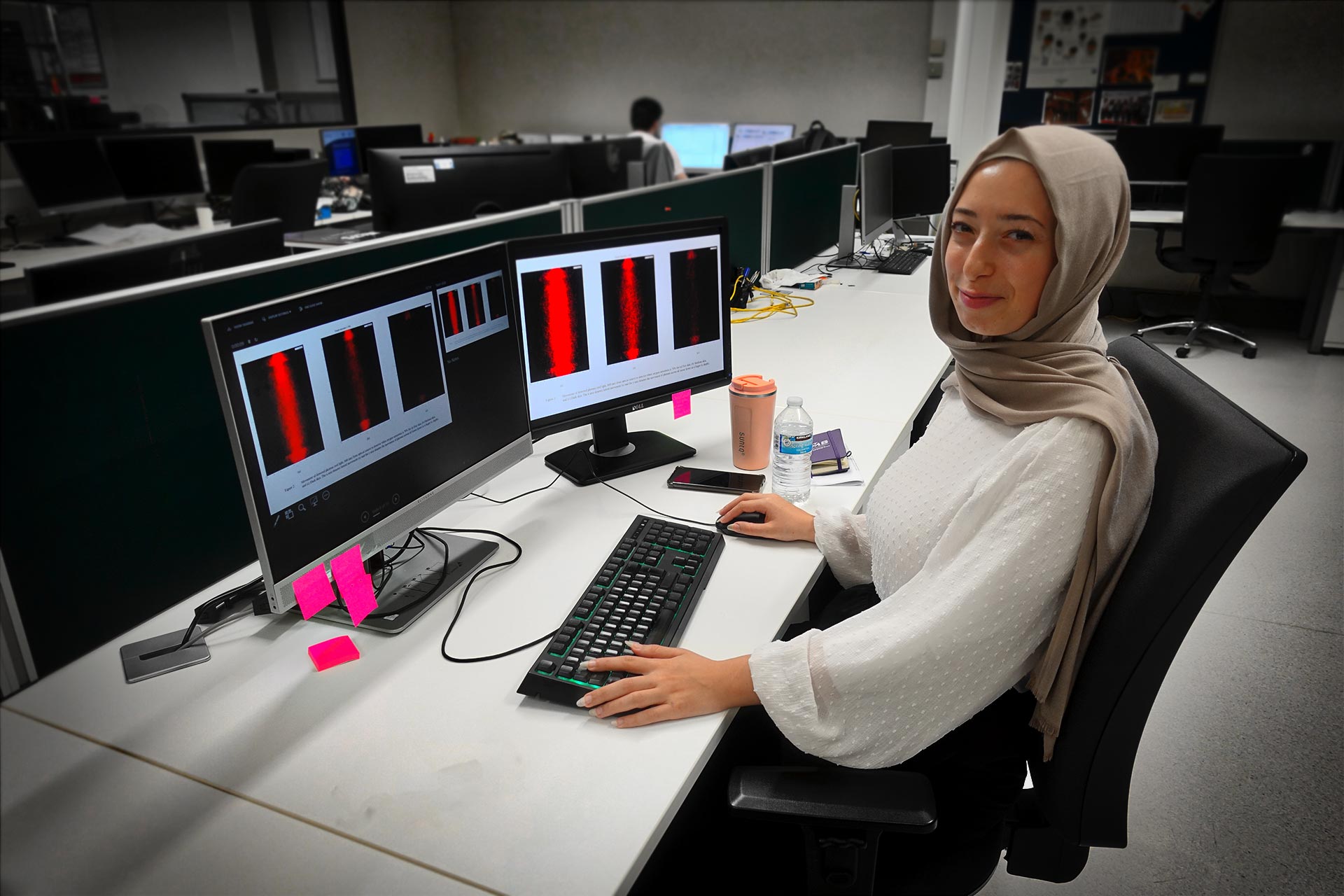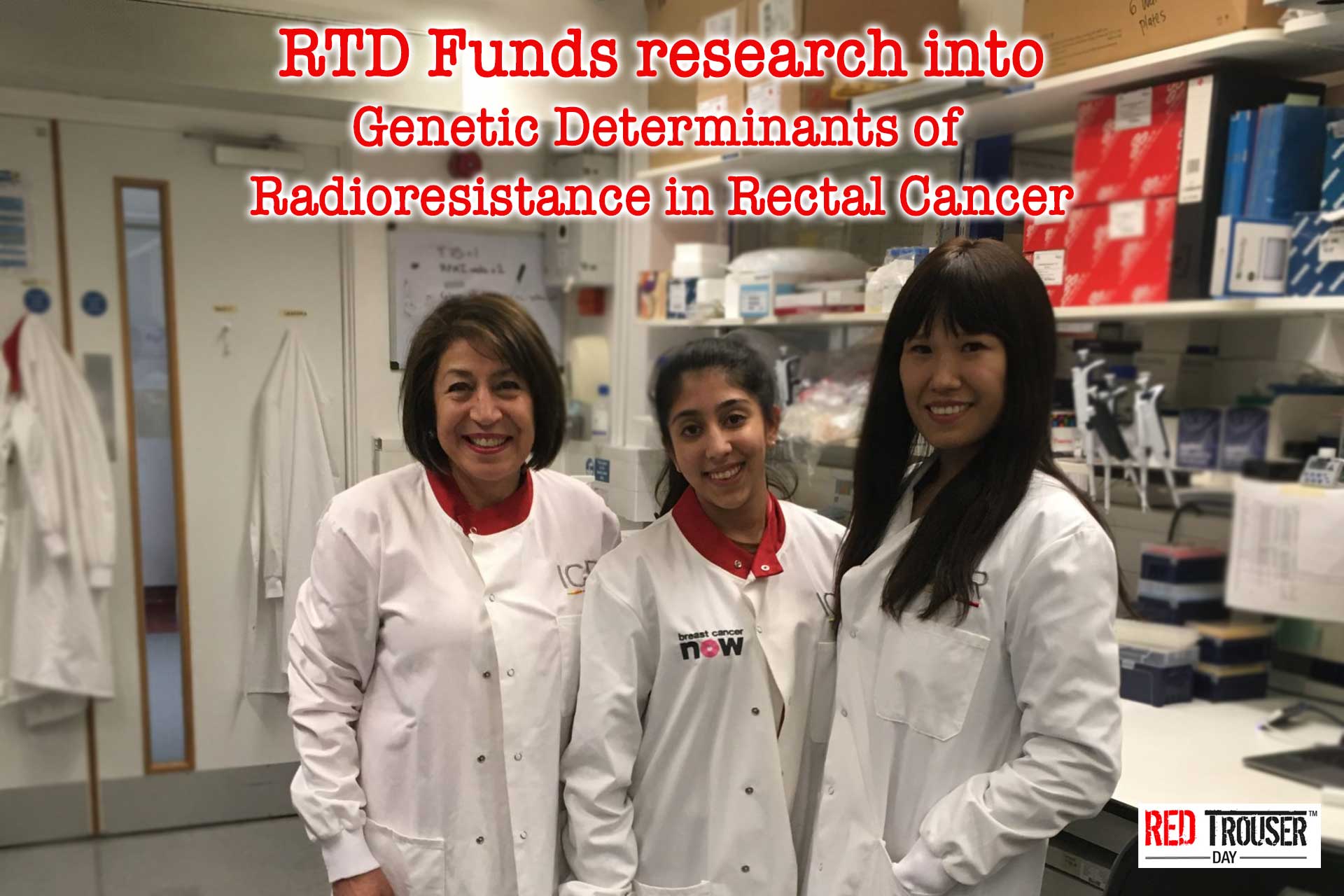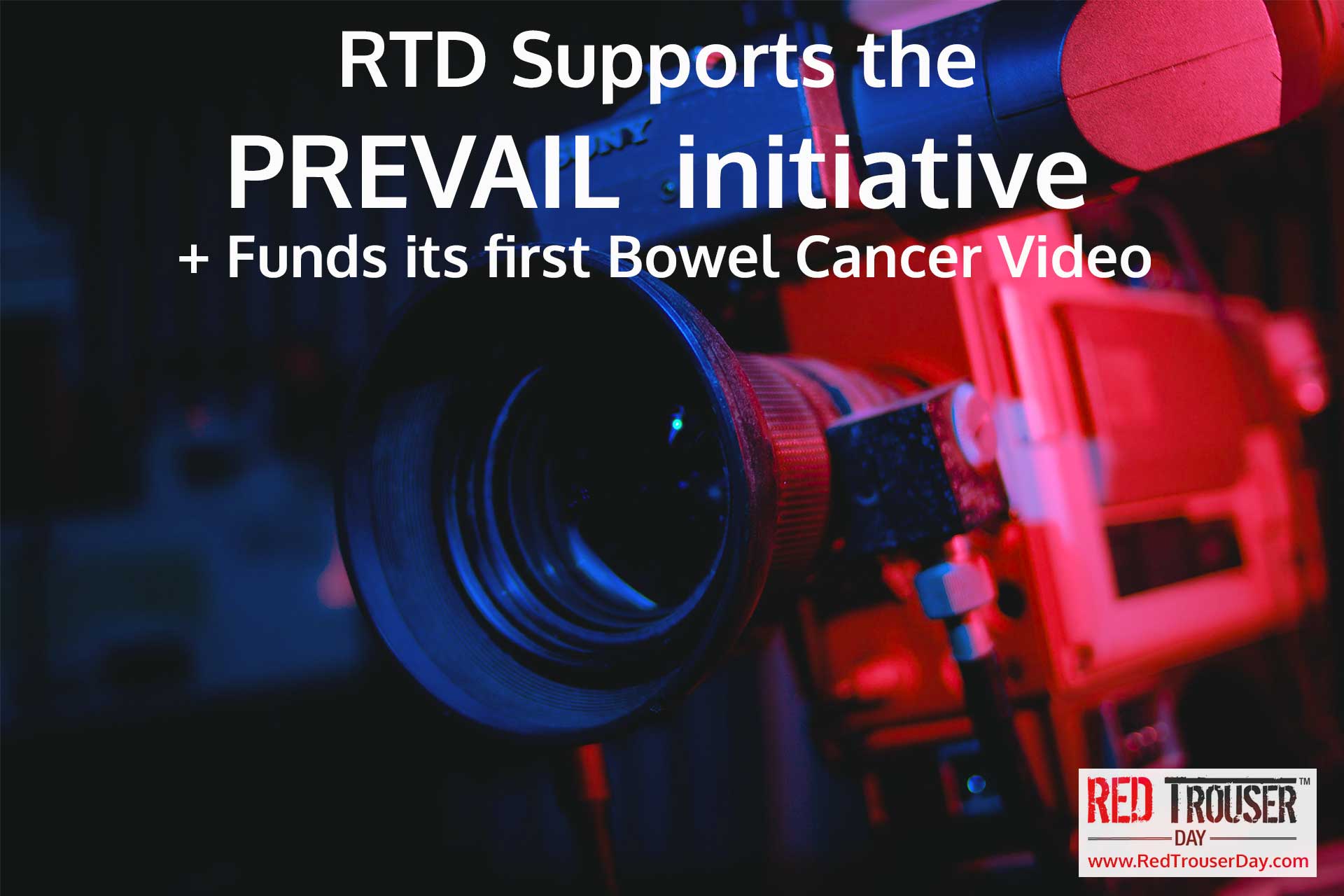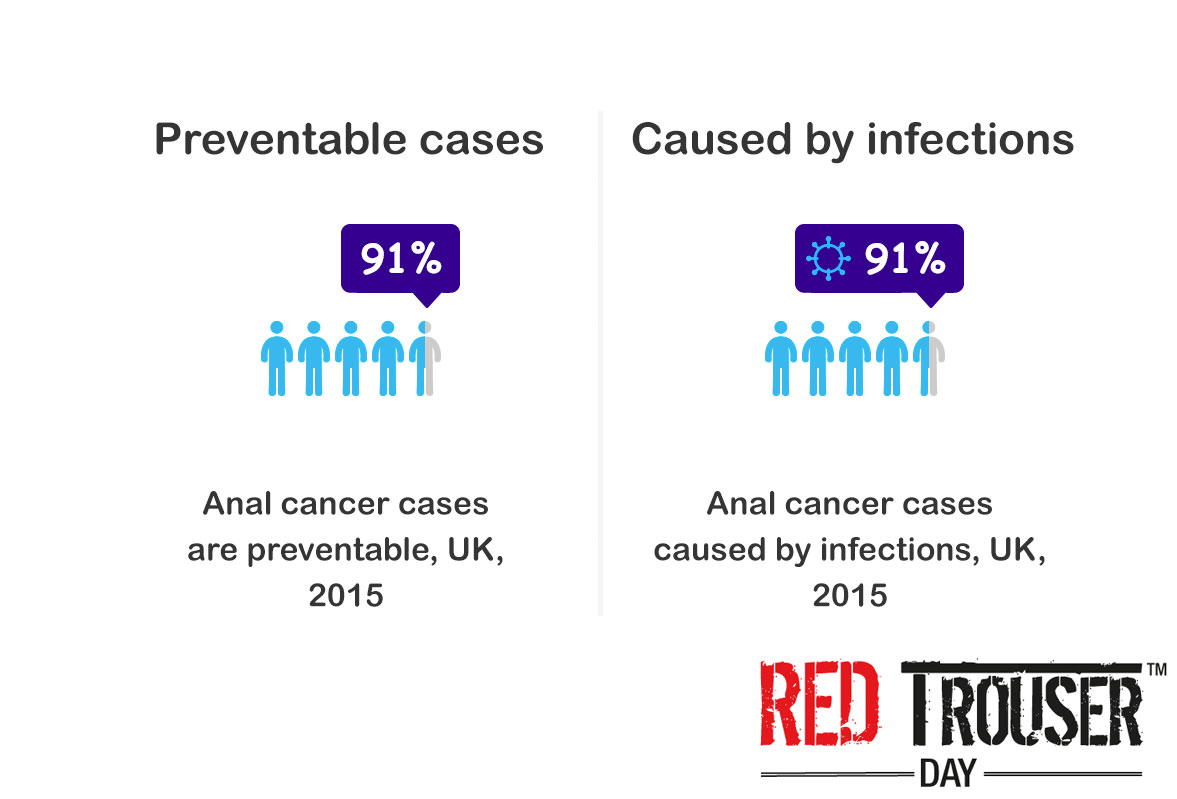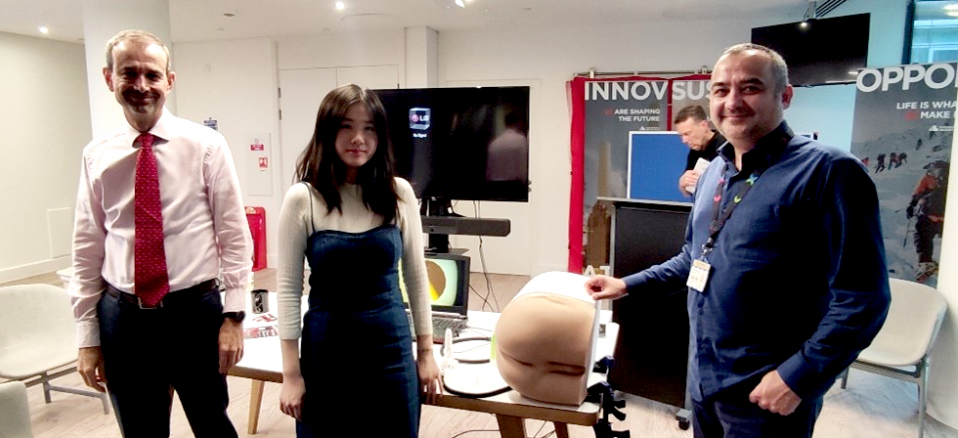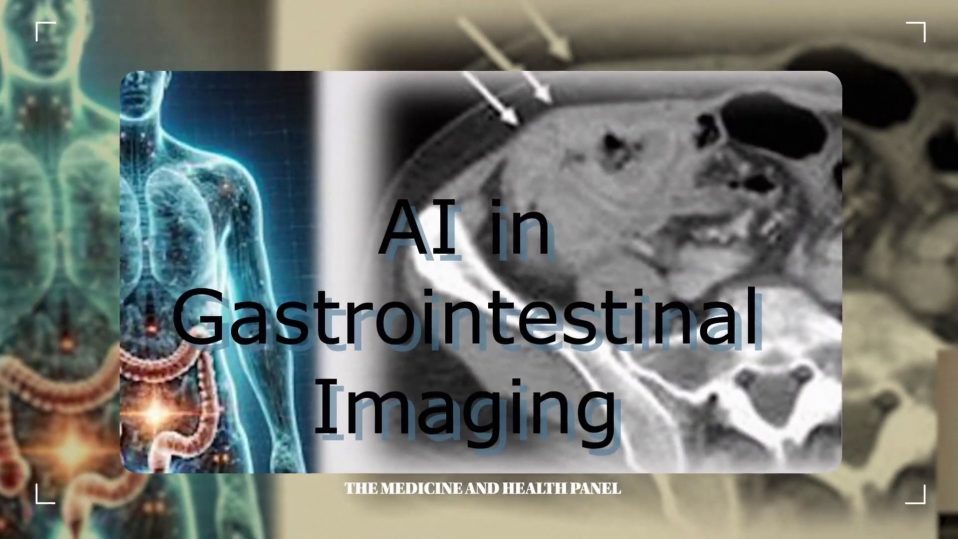The RTD funded registry now has data from 872 patients loaded onto it and, following approval by the Executive Board of the European Association for Endoscopic Surgery, has entered its next, international, phase. Now all that remains is to finalise work on data sharing agreements, required by GDPR, before analyses can begin in earnest on an international scale to drive insights into best practice for different types of surgery.
Robotically assisted bowel operations, numbering 610 cases in the UK alone in 2016 and growing by 30% year on year, are theoretically better for patient recovery, outcomes and quality of life. But until proven this remains theory and cannot be used to drive changes in surgical practice.
The latest National Bowel Cancer Audit (for England and Wales) Annual Report for 2020 https://www.nboca.org.uk/content/uploads/2020/12/NBOCA-2020-Annual-Report.pdf identifies that the number of surgeons recorded as performing robotic surgery increased from 74 in the 2017/18 period to 102 this audit period. Dig a little deeper and we see that 66 individual surgeons performed a total of 10 or less robotic resections, 15 surgeons performed between 11 and 20 cases, with 21 surgeons, bearing the greatest load by operating on more than 20 cases each. This highlights the need for further, faster training.
The registry allows the theory, that robotic surgery is better for patient recovery, to be tested and, if successful, will facilitate the already growing use of robotics. It has fulfilled a pressing need by setting up a collaborative network to compile international outcome data, pool experience, monitor safety and improve the training of robotically assisted large bowel surgery. The Registry is already active and capturing comprehensive data from every robotic colorectal case performed in the UK and Ireland, and now Europe, to achieve these aims.
Mr Christos Kontovounisios, Clinical Senior Lecturer at Imperial College says that:
“The registry has the advantage that it captures all the operations performed not necessarily 100% robotic. Sometimes surgeons will perform a hybrid of open / laparoscopic/ robotic approach. It will give us the opportunity to compare different approaches with time”.
